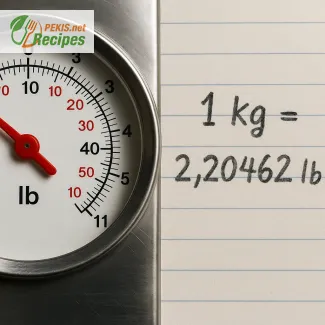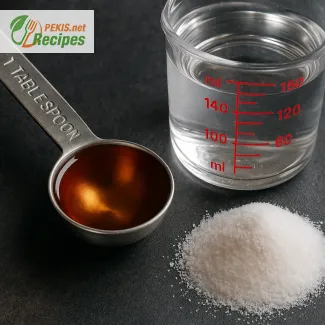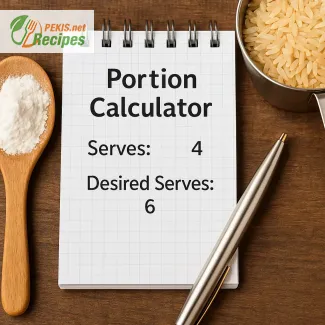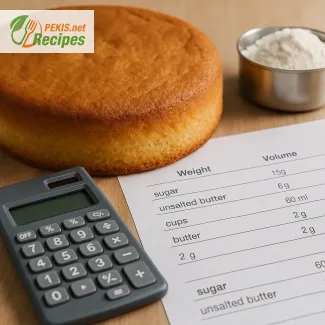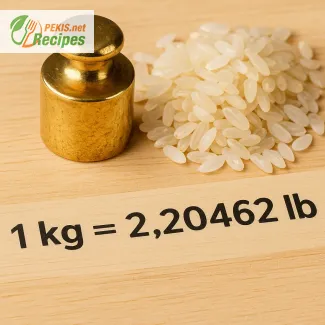
1 kilogram equals about 2.20462 pounds, making quick conversions between the two units simple and reliable. The kilogram, rooted in the French metric system, and the pound, derived from the Roman libra, remain essential in both everyday life and professional use. Whether for cooking, travel, fitness, or shopping, knowing the conversion avoids mistakes and saves time. A simple rule of thumb is to multiply kilograms by 2.2 for a fast estimate, keeping both traditional and modern needs balanced.
Understanding the conversion between kilograms and pounds
Why knowing 1 kg in pounds matters
Everyday life often requires quick unit conversions, especially between kilograms (kg) and pounds (lbs). From cooking and grocery shopping to fitness and international travel, the ability to convert 1 kg to pounds saves time and avoids mistakes. The answer is simple: 1 kg equals approximately 2.20462 lbs. Remembering this number provides a reliable foundation for handling other conversions with ease.
The exact formula and quick reference
To avoid confusion, use this universal formula:
- 1 kg = 2.20462 lbs
- 1 lb = 0.453592 kg
These numbers allow you to calculate conversions in either direction without error. For practical use:
- 5 kg ≈ 11.02 lbs
- 10 kg ≈ 22.05 lbs
- 20 kg ≈ 44.09 lbs
Quick mental math tip: multiply kilograms by 2.2 to get pounds.
Historical context of kilograms and pounds
The kilogram originates from late 18th-century France, introduced during the French Revolution as part of the metric system to unify weights and measures. It was defined by the mass of one liter of water at 4°C. The pound, on the other hand, has roots in ancient Roman units called libra, which is why the abbreviation is lb. Over centuries, regional variations existed, but the international avoirdupois pound (used today in the US and UK) was standardized in the 20th century as exactly 0.45359237 kilograms.
Conversions in cooking and kitchen measurements
Cooking often requires adapting recipes written in different systems. Common practical examples include:
- 500 g (0.5 kg) ≈ 1.1 lbs – often used for flour, sugar, or pasta.
- 1 kg ≈ 2.2 lbs – common for fruits, vegetables, or meat.
- 2.5 kg ≈ 5.5 lbs – frequent in baking for bulk ingredients.
This ensures consistency whether following European recipes in kilograms or American recipes in pounds.
Everyday situations where conversions are useful
- Fitness and health: tracking body weight in either kg or lbs.
- Travel: baggage allowances often differ between airlines, requiring conversions.
- Shopping abroad: products labeled in different units.
- Science and education: experiments and calculations demand accuracy.
Practical ideas and simple tricks
- Memorize 2.2 as the shortcut factor for converting kilograms to pounds.
- Round to the nearest tenth for everyday cooking or shopping – exact decimals are not always needed.
- Keep a small conversion chart on your phone or fridge.
- Practice mental math by doubling kg values and adding a little extra.
Useful tables for quick reference
| Kilograms (kg) | Pounds (lbs) |
|---|---|
| 1 | 2.20 |
| 2 | 4.41 |
| 5 | 11.02 |
| 10 | 22.05 |
| 20 | 44.09 |
| 50 | 110.23 |
Combining tradition and modern needs
In traditional markets, people often still use pounds when selling produce, while modern supermarkets rely on kilograms. For bakers, chefs, athletes, and travelers, mastering both ensures clarity. Balancing historical significance with practical modern usage highlights why understanding this conversion remains so important today.
Inspiration from kitchen to lifestyle
- Traditional cuisine: many family recipes were written in pounds; knowing conversions helps preserve authenticity.
- Modern cooking blogs: often switch between kg and lbs depending on the audience.
- Meal planning: adjusting portion sizes is easier with both systems.
- Healthy living: monitoring weight in preferred units provides motivation and precision.
Key takeaways
- 1 kg = 2.20462 lbs – the essential fact to remember.
- Conversion is straightforward with a simple multiplication or division.
- History links the pound to the Roman libra, while the kilogram represents the global metric system.
- From kitchen recipes to fitness routines, conversions keep life simple and accurate.
By combining precise formulas, easy mental tricks, and a little knowledge of history, converting kilograms to pounds becomes effortless and universally useful.
FAQ questionHow many pounds are in 1 kg?
1 kg ≈ 2.20462 lbs. For everyday use, rounding to 2.2 lbs is fine; for precision (shipping, lab work), keep 2.20462.
FAQ questionWhat’s the exact conversion formula?
Pounds from kilograms: kg × 2.20462 = lbs
Kilograms from pounds: lbs × 0.453592 = kg
FAQ questionWhat’s a fast mental shortcut?
Multiply kg by 2.2. For the reverse, divide lbs by 2.2. Example: 10 kg → ~22 lbs; 150 lbs → ~68 kg.
FAQ questionWhy do I see 2.2 vs 2.20462?
2.2 is a rounded shortcut for speed. 2.20462 is the precise factor (based on 1 lb = 0.45359237 kg). Choose according to needed accuracy.
FAQ questionAre US and UK pounds the same today?
Yes—the modern avoirdupois pound is standardized at 0.45359237 kg in both countries. (The UK also uses the stone for body weight: 1 st = 14 lb.)
FAQ questionWhere does “lb” come from?
From the Roman libra, the historical root of the pound. Hence the abbreviation lb.
FAQ questionCan you convert some common weights quickly?
- 0.5 kg → ~1.10 lbs
- 1 kg → ~2.20 lbs
- 5 kg → ~11.02 lbs
- 10 kg → ~22.05 lbs
- 20 kg → ~44.09 lbs
- 50 kg → ~110.23 lbs
How do ounces and grams relate?
1 lb = 16 oz, 1 kg = 1000 g, and 1 oz ≈ 28.3495 g. To bridge systems: grams ÷ 28.3495 = ounces; ounces × 28.3495 = grams.
PEKIS – professional chef and recipe developer with over 25 years of experience, specialized in European and international cuisine. Skilled in adapting traditional and modern cooking methods, with deep practical knowledge of unit conversions such as kilograms to pounds, gained through years of working across different kitchens and cultures.
